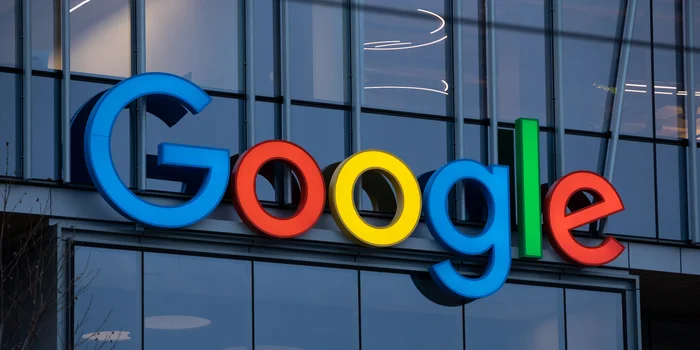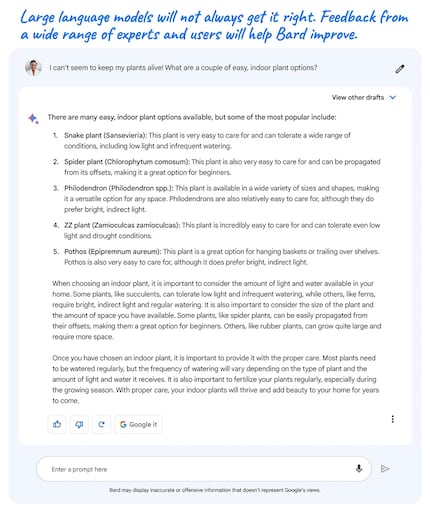
Google releases its chatbot - it is more reserved than Microsoft's

"Bard", the chatbot based on Google LaMDA, starts the public test phase. The first experiments show a poorer fact hit rate than Microsoft's "Bing".
Google's chatbot "Bard" has been available to the public since Wednesday, albeit initially only in the UK and the USA. Anyone living there can register for the artificial intelligence (AI) test run on this website. Google announced this in a press release. The aim is to receive broad feedback.
Google is already tempering expectations in its press release: "Bard is an experiment," it says in a large disclaimer. Large language models such as LaMDA, on which Bard is based, are a new technology. This would still bring with it many errors. In particular, the company points out that the AI also reproduces misinformation and stereotypes. Nevertheless, there is a lot of potential, for example to increase human productivity or stimulate creativity.

Source: Google
First reports on various US tech portals are cautious. Google seems to be taking a very cautious approach and has set strict limits for Bard. It often apologises and reminds users that it is just a chatbot. So far, no one has been able to tease out any dark sides or a quarrelsome personality from Bard - quite unlike Microsoft's "Bing", which in its first public version urged a journalist to break up with his wife and enter into a relationship with the AI.
The narrow limits apparently also limit Bard's usefulness. According to tech portal "The Verge", Google's chatbot is very often factually wrong - much more often than Bing. In many other cases, Bard also gives very boring answers. "It's definitely not a search engine," writes author David Pierce. And just like Bing, Bard is also an extremely confident liar.
"Engadget" notes that Google's model only cites sources when it quotes them directly. Bing, on the other hand, provides its answers with many more links to the source of its knowledge. In return, Bard offers the option of generating "further drafts" of the answer to the same question.
Cover image: Shutterstock

My fingerprint often changes so drastically that my MacBook doesn't recognise it anymore. The reason? If I'm not clinging to a monitor or camera, I'm probably clinging to a rockface by the tips of my fingers.
From the latest iPhone to the return of 80s fashion. The editorial team will help you make sense of it all.
Show all